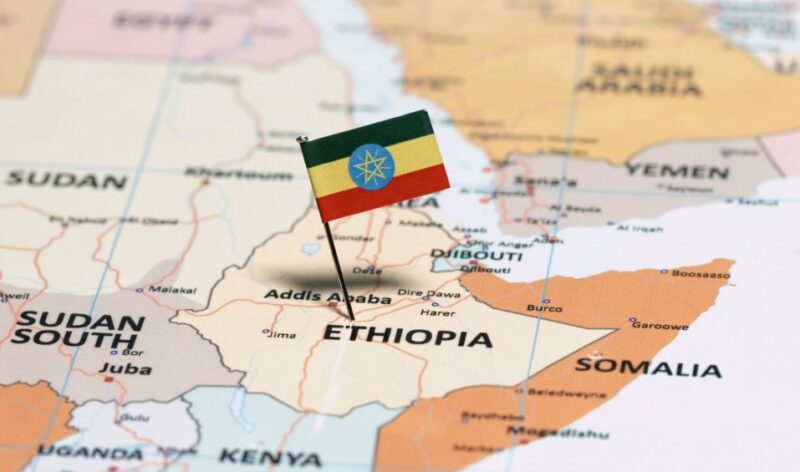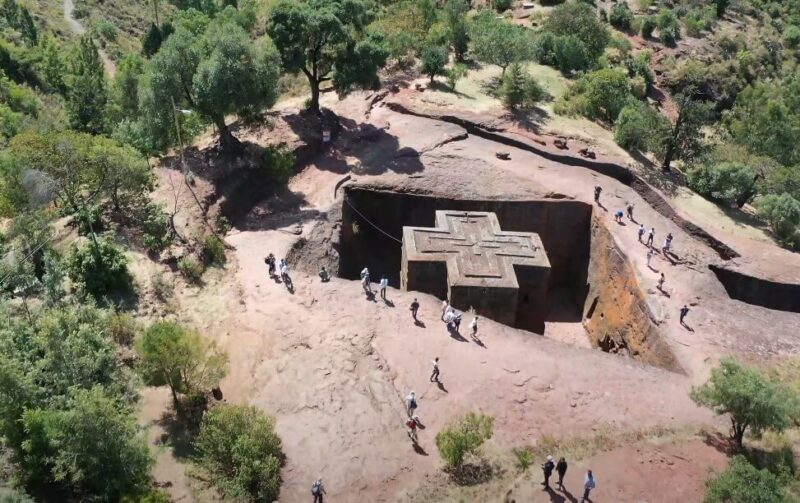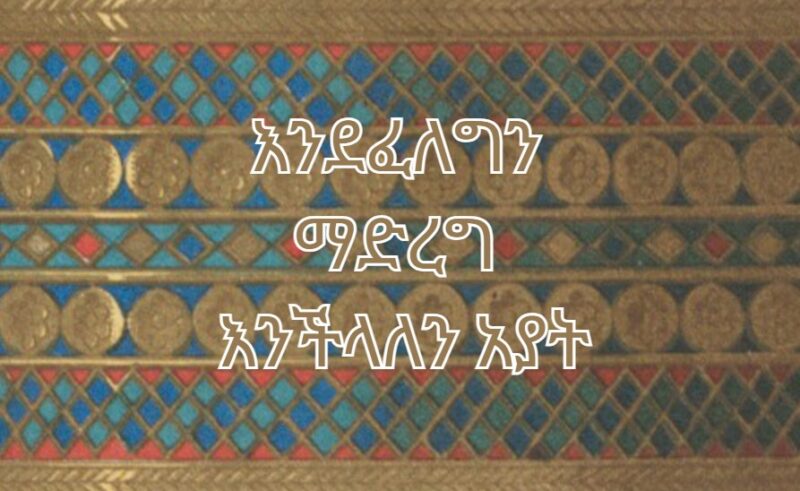When I think about Ethiopia, what comes to mind isn’t just a country but a story—a living, breathing testament to history that spans centuries, even millennia. It’s one of those places where every corner whispers a tale, where you can sense the weight of time in the air.
It’s no surprise that Ethiopia’s history is among the richest in Africa. From its ancient civilizations to its status as a symbol of African independence, the country holds an exceptional place in the world.
I’d love to walk you through why Ethiopia’s history stands out and why it’s worth exploring.
The Birthplace of Humanity

Ethiopia has a unique claim to fame—it’s often referred to as the “Cradle of Humanity.” And for a good reason. Some of the earliest known human ancestors were discovered here, including “Lucy,” the 3.2-million-year-old skeleton that shifted the world’s understanding of human evolution.
Can you imagine standing in the same place where some of the first humans once roamed? This isn’t just trivia—it’s profound. Knowing that the land we stand on holds stories from millions of years ago humbles you.
The Mighty Aksumite Empire

Fast forward from the ancient past to the era of the Aksumite Empire, and you begin to see Ethiopia’s place on the world stage solidifying. The Aksumite Empire wasn’t just a local kingdom; it was a major player in global trade around the first millennium CE.
Sitting strategically between the Roman Empire and ancient India, Aksum became a hub for commerce, dealing in everything from gold to spices. What blows my mind is how advanced this empire was.
They were minting their own coins—how cool is that? They used the Ge’ez script, one of the oldest alphabets still in use, and built towering obelisks that defy explanation in their construction.
The obelisks still stand today, telling us that Aksum wasn’t just wealthy but also incredibly innovative. Imagine walking through the streets of Aksum at its peak, where traders from across continents would meet, their ships unloading goods from all over the world.
The Adoption of Christianity Was a Defining Moment

If there’s one thing that really sets Ethiopia apart, it’s its rich religious history. Christianity became the official state religion in the 4th century, making Ethiopia one of the earliest countries to adopt the faith.
The Ethiopian Orthodox Church, which remains central to life here, isn’t just a religious institution—it’s a custodian of centuries of history, art, and culture. But what strikes me most is the resilience of Ethiopia’s Christian heritage.
Unlike many places where traditions fade or evolve beyond recognition, Ethiopia has managed to preserve its ancient Christian customs. The rock-hewn churches of Lalibela are perfect examples of this.
These churches, carved directly into the bedrock, have been active religious sites for centuries. Walking into one of these churches, with its ancient walls and the hum of centuries-old prayers, feels like stepping into another time.
Ge’ez (The Ancient Script Still in Use)

One of the coolest things about Ethiopia’s history is its unique language and script. The Ge’ez script, which was used to mint coins during the Aksumite Empire, is still alive today, mainly in religious contexts.
It’s fascinating to think that a language and script so old can still have a living presence in modern Ethiopia. Ge’ez is the ancestor of Amharic and Tigrinya, two of the primary languages spoken in Ethiopia today.
It feels like a direct link to the past. So many ancient languages have been lost to time, but here in Ethiopia, they’ve found a way to preserve and carry them forward. There’s something beautiful about that.
The Battle of Adwa
Now, one of the proudest moments in Ethiopian history, and in all of Africa, is the victory at the Battle of Adwa. In 1896, while much of the continent was falling under European colonization, Ethiopia stood its ground.
Under the leadership of Emperor Menelik II, Ethiopian forces defeated the Italian army in a battle that not only preserved Ethiopia’s independence but also sent shockwaves around the world. Think about it.
At a time when colonial powers were dividing up Africa like spoils, Ethiopia remained free. It wasn’t just a win for Ethiopia; it was a win for all of Africa. Even today, Ethiopia is seen as a symbol of pride and resistance to imperialism.
This victory was no small feat. It required strategy, unity, and sheer determination. And it worked.
Haile Selassie and Ethiopia’s Role in Pan-Africanism

Ethiopia’s modern history continues to be just as significant as its ancient past. Enter Emperor Haile Selassie, a man whose influence stretched far beyond Ethiopia’s borders.
He was a driving force behind Pan-Africanism and played a key role in the establishment of the Organization of African Unity (OAU), which would later evolve into the African Union, headquartered in Addis Ababa.
Ethiopia’s leadership in African diplomacy and its role in shaping the future of the continent is no small thing. Even today, Addis Ababa is often referred to as the “capital of Africa,” a testament to Ethiopia’s enduring influence in the region.
Haile Selassie also became a cultural icon, particularly in Jamaica, where the Rastafarian movement regards him as a figure of reverence.
Ethiopia’s Diverse Ethnic Groups

Another key aspect that makes Ethiopia’s history so rich is its incredible cultural diversity. The country is home to more than 80 ethnic groups, each with its own language, customs, and traditions.
This diversity is reflected in everything from music and art to food and clothing. Ethiopian music is something special. It’s complex, filled with rhythms and instruments you don’t find in many other places.
Traditional instruments like the krar and masenqo produce sounds that are distinctly Ethiopian, creating music that’s rich in texture and history. I’ve always been fascinated by how music in Ethiopia isn’t just entertainment; it’s storytelling. Every note, every rhythm tells a tale of its own.
Ethiopia’s Unique Place in Global Religious Narratives
Let’s not forget Ethiopia’s place in some of the world’s oldest religious narratives. According to Ethiopian tradition, the Ark of the Covenant—the sacred chest that once held the Ten Commandments—rests in a chapel in Aksum.
Imagine the power of that belief. Even though no one outside the chapel’s caretakers has seen the Ark, the story alone adds a layer of mystique and reverence to Ethiopia’s history.
Ethiopia also claims descent from the biblical King Solomon and the Queen of Sheba, another connection that places it at the heart of global religious history. These narratives aren’t just stories for Ethiopia—they’re woven into the very fabric of the nation’s identity.
Summary
When you look at Ethiopia’s history, you realize it’s not just rich—it’s layered, complex, and profoundly meaningful. From its ancient civilizations and religious heritage to its fight for independence and its role in shaping modern Africa, Ethiopia has a history that few places in the world can rival.
It’s not just about dates or events; it’s about the continuity of culture, language, and tradition. Ethiopia’s story is a reminder that history isn’t something that’s left in the past—it lives on in the people, in the land, and in the traditions that are still practiced today. And that’s what makes it truly special.

